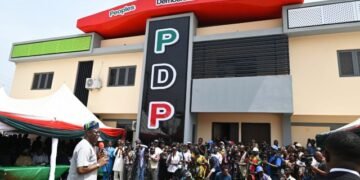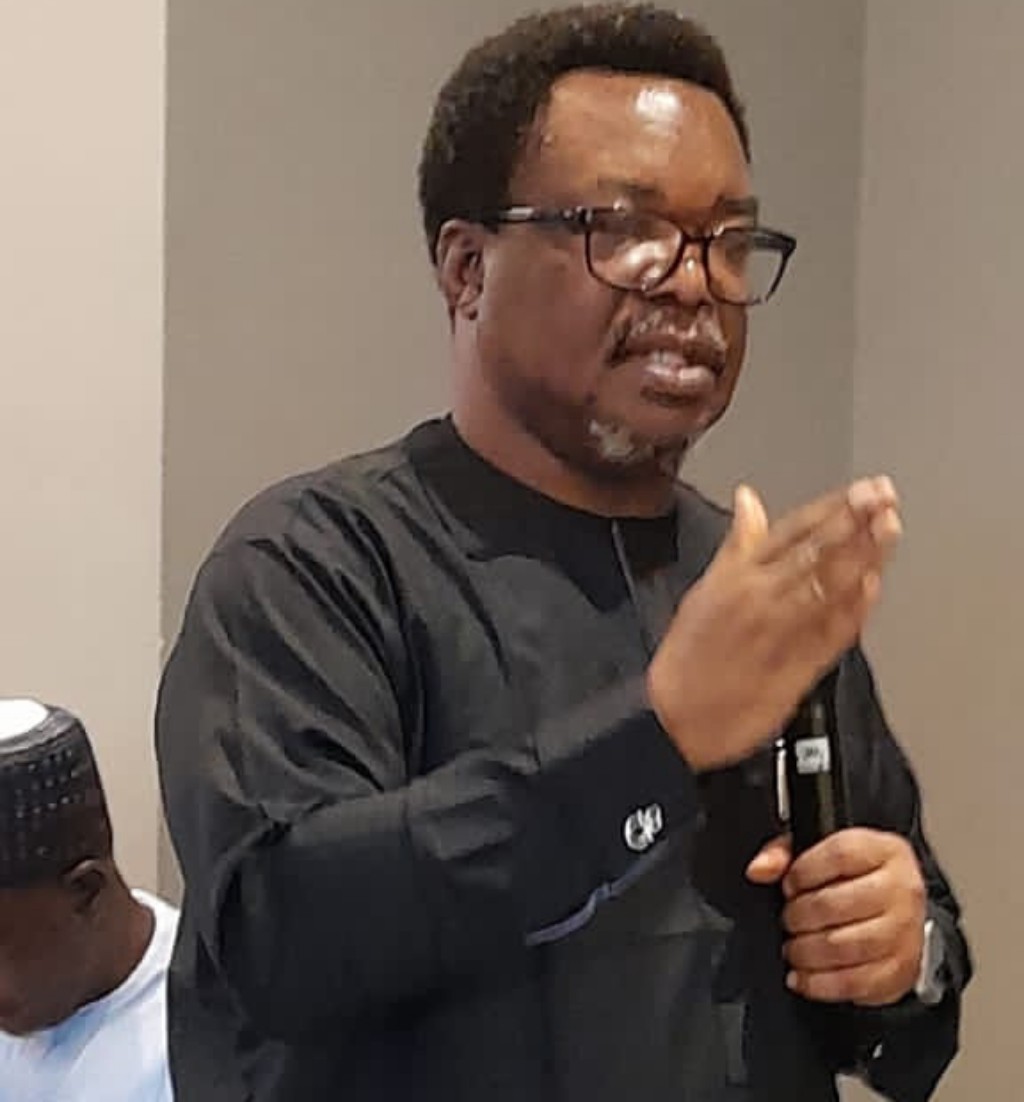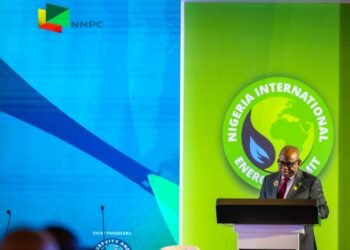Managing Director/Chief Executive Officer of the company, Mr. Chiedu Ugbo, stated this while speaking at NDPHC media campaign, “Light Up Nigeria”, held in Lagos on Monday.
The Niger Delta Power Holding Company Limited (NDPHC), set up in 2005, is the implementing entity for the National Integrated Power Project (NIPP) for the three tiers of the Nigerian government namely, federal, state and local governments.
As an emergency intervention scheme, it is saddled with the responsibility of power generation, transmission, distribution, gas infrastructure and renewables.
Ugbo, who declared that the was poised to light up Nigeria, also addressed some of the electricity challenges confronting the country as a whole.
He disclosed that NDPHC is being about ₦190 billion, declaring that the indebtedness had negatively affected the speed at which the company would have improved the power sector in the country.
He said: “There is also low invoice payment for energy generated to the grid. There is huge indebtedness by the market to NDPHC in hundreds of billions for unpaid invoices.

NDPHC is also not paid for availability but only as dispatched thereby depriving NDPHC of hundreds of billions since 2015 when Transitional Electricity Market (TEM) was declared.”
The NDPHC MD/CEO, however, made it known that the company was also owing some stakeholders.
Ugbo said the President Bola Tinubu-led Federal Government has taken a soft and citizen-oriented approach by not increasing tariffs and also assured that it would find a way to address the shortfalls in payment as per the actual consumption and the tariff.
“To reasonably resolve the challenges to power plants’ operations and increase electricity supply to homes and businesses, NDPHC’s Light Up Nigeria initiative is to explore, not only the opportunities under the Eligible Customer Regulations and Electricity Act 2023, but also bilateral power sales in collaboration with Discos and other bulk purchasers.
“This is under trading arrangements that will ensure that investment is mobilised for end-to-end solutions that will guarantee that electricity is delivered to customers and NDPHC is paid for the electricity generated.
“At the core of NDPHC’s initiatives is to prioritise high-value power sale opportunities with bulk purchasers and Discos, which under Nigerian Electricity Supply Industry (NESI) have significant power supply demands across their franchise areas.
“The rationale for this approach is that projects delivered in collaboration with these potential bulk purchasers are likely to generate significantly greater volumes of power sales under bankable arrangements.”
Ugbo also disclosed that NDPHC commenced the design and development of 10 NIPP power plants in 2006.
Eight of the power plants, he said, have since completed and are mostly operational.
Two (Egbema and Omoku) are yet to be commissioned, while Alaoji Gas Turbines (four units) have been commissioned while its steam turbine is under construction.
He stated that the foregoing achievements, NDPHC’s operations are hampered by a number of systemic challenges which have signifacantly affected its cash flow but which however present good private investment opportunities.
On the transmission constraints, he identified inadequate transmission and distribution grid capacity to evacuate energy generated from the power plants as a challenge.
He noted that, in 2022, transmission and distribution available capacity was estimated at about 5,500MW.
He, however, said NDPHC is currently allocated a maximum dispatch space of 975MW (peak period) and 757MW at off-peak (despite often substantially mechanically available).
Ugbo said: “Talking more about constraints, evacuation limitation is further exacerbated by systems operations (SO’s) frequent start-up and shut down instructions to the plants ostensibly for frequency and load control to ensure system safety and reliability but resulting in increased turbine stress, more unscheduled outages and significant maintenance costs.
“Another challenge is gas supply and transportation constraints. There is unavailability of sufficient volumes of gas to guarantee generation up to Transmission Company of Nigeria (TCN) allocated evacuation capacity of 975MW let alone full capacity of its power plants.
“Calabar is the only plant with full gas supply. Plants in western axis require about 150MMSCF/day to meet TCN-allocated evacuation capacity 535MW (Peak).
“Gas supply to western axis power plants is further challenged by low pressure on NGIC gas pipelines –ELPS and Oben-Ajaokuta.
“Gas suppliers want higher gas tariff beyond industry approved gas tariff ($2.50 vs. $2.18).”
The challenges notwithstanding, Mr Ugbo said NDPHC remained focused on the Light Up Nigeria initiative and moving forward with the aim to improving revenue base and energising businesses.
He assured that the company will not relent in ensuring the growth and efficiency of businesses with the aim of ensuring a prosperous cycle across the country.
With him during the event were top NDPHC management staff, including Engineer Kassim Abdulai, Engineer Ifeoluwa Oyedele, Alhaji Babayo Shehu and Dr Steve Azinge, Executive Directors, Generation, Networks, Finance&Account and Legal/Company Secretary, respectively, among others.






























